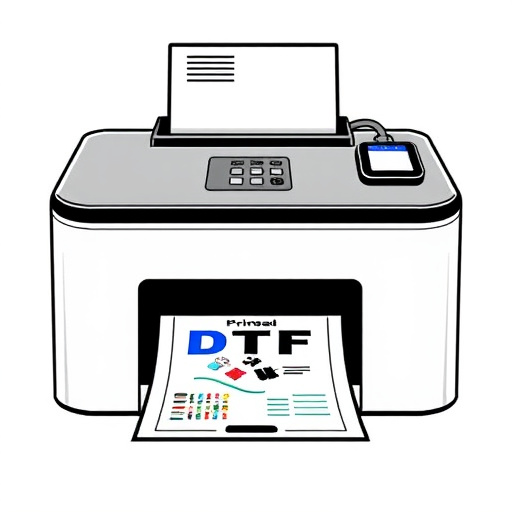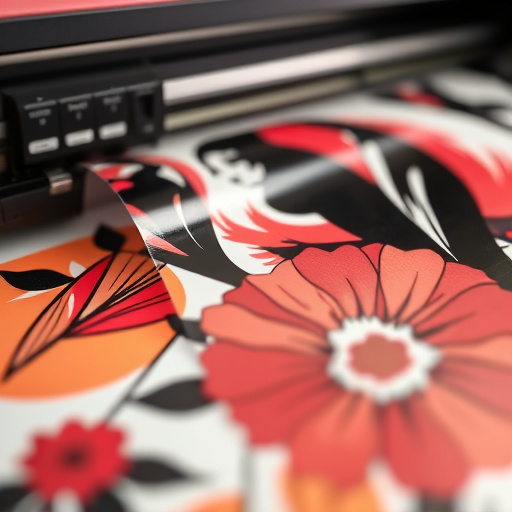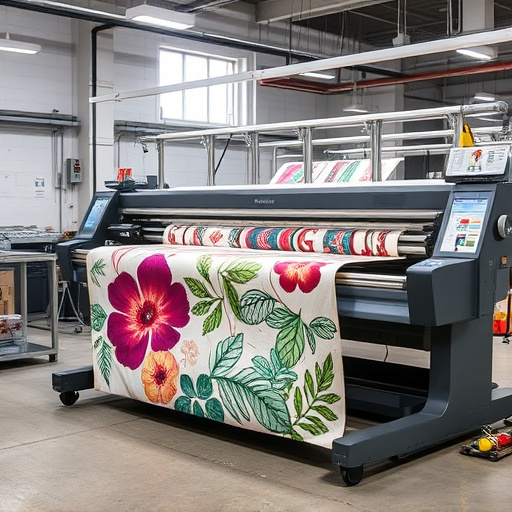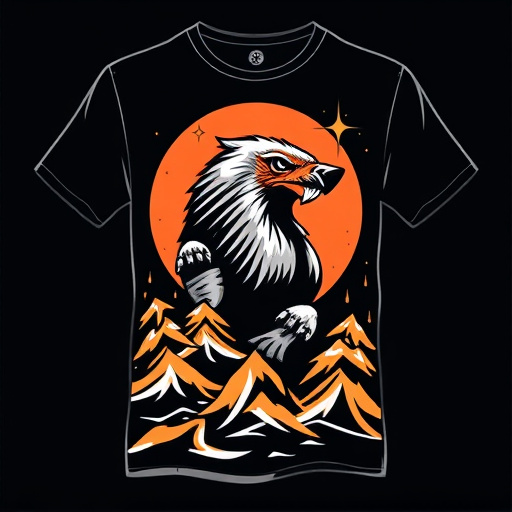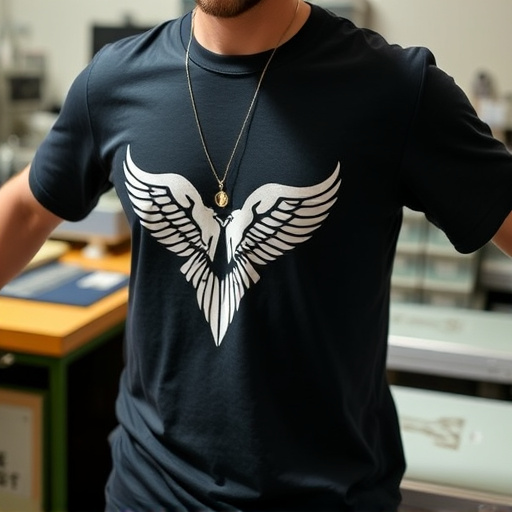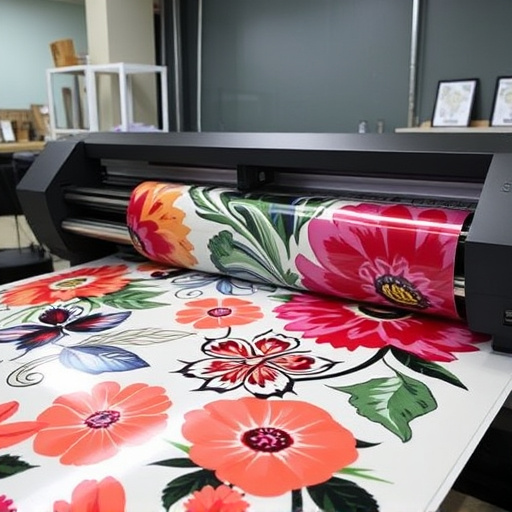The fashion industry's growing focus on sustainability and ethical practices, driven by consumer awareness of environmental and social impacts, opens opportunities for startups. Digital printing technologies like Direct-to-Fabric (DTF) printing minimize waste. DTF transfer printing offers cost-effective customization while appealing to customers valuing trendy, responsible products. Fashion startups integrate sustainability into their strategies, adopting eco-friendly practices, sustainable materials, data analytics, e-commerce platforms, and advanced printing for more mindful consumption. These DTF Market Trends continue to define modern fashion, emphasizing style, customization, and sustainability.
In today’s dynamic fashion landscape, understanding DTF (Don’t Think Forever) market trends is crucial for startup success. From the rise of sustainable and ethical practices fueled by consumer demand for eco-friendly materials and ethical production, to the digital transformation of retail through omnichannel experiences, these shifts redefine how brands engage customers. Additionally, personalization and customization are transforming the industry, with startups leveraging technology to offer individualized products and unique shopping journeys. This article explores these top DTF market trends influencing fashion startups today.
- The Rise of Sustainable and Ethical Fashion
- – Exploring consumer demand for eco-friendly materials and ethical production practices.
- – How fashion startups are incorporating sustainability into their business models and product lines.
The Rise of Sustainable and Ethical Fashion

The fashion industry is undergoing a significant shift towards sustainability and ethical practices, which has become one of the prominent DTF market trends shaping the future of fashion startups. Consumers are increasingly conscious of the environmental and social impact of their purchasing decisions, leading to a growing demand for eco-friendly and ethically produced clothing. This trend presents an opportunity for startups to differentiate themselves by adopting sustainable manufacturing processes and transparent supply chains. One notable approach is the integration of digital printing technologies like DTF printed shirts, which enable efficient and precise application of designs, minimizing waste compared to traditional methods.
DTF transfer printing, a versatile and cost-effective technique, allows brands to swiftly bring unique and personalized designs to market while reducing overheads. As startups embrace these innovative printing processes, they can offer customers not only trendy and diverse product ranges but also assure them of the brand’s commitment to minimizing its ecological footprint. This balance between style, customization, and sustainability is expected to remain a defining characteristic of the modern fashion industry, driving further DTF market trends and inspiring startups to create responsible yet appealing clothing lines.
– Exploring consumer demand for eco-friendly materials and ethical production practices.

In today’s DTF Market Trends, consumer awareness and demand for sustainable fashion are on the rise. Eco-consciousness has become a driving force, pushing startups to explore and adopt ethical production methods. Fashion brands are increasingly integrating eco-friendly materials into their collections, appealing to environmentally mindful consumers. This shift is not just a response to growing environmental concerns but also a strategic move to differentiate themselves in a competitive market. By utilizing sustainable fabrics like organic cotton, recycled polyester, and natural fibers, startups can offer unique selling points that attract discerning customers.
Additionally, the trend towards custom DTF transfers and vibrant designs further emphasizes this movement. DTF heat transfers allow for intricate and detailed printing on various fabrics, enabling startups to create personalized, on-demand products while minimizing waste. This technology, coupled with a focus on ethical production, positions fashion startups to tap into a growing market segment that values transparency, sustainability, and unique fashion expressions.
– How fashion startups are incorporating sustainability into their business models and product lines.

In response to evolving consumer preferences and DTF Market Trends, fashion startups are increasingly integrating sustainability into their core business strategies and product offerings. They recognize that the industry’s traditional practices have significant environmental and social impacts, driving them to adopt more eco-friendly approaches. One notable shift is the emphasis on using sustainable materials, such as organic cotton, recycled polyester, and plant-based fibers, which reduce the ecological footprint of production.
These startups are also leveraging digital technologies to implement circular economy models. For instance, they’re employing data analytics to optimize supply chains and minimize waste. Furthermore, they’re utilizing e-commerce platforms to facilitate dtf transfer by size, ensuring a more precise fit while reducing the need for excessive inventory. Additionally, advancements in dtf durability techniques allow them to create long-lasting garments that resist fading and pilling, thereby extending product lifespans and encouraging consumers to embrace a more mindful consumption culture. The focus on accurate color matching through advanced printing technologies also minimizes textile waste during production.
The dynamic DTF market trends shaping the fashion industry today demand a shift towards sustainable and ethical practices. As consumers become increasingly conscious of environmental impact, fashion startups are rising to the challenge by integrating eco-friendly materials and transparent production processes into their core offerings. This not only meets the growing demand for responsible consumption but also positions these startups as innovative leaders in the ever-evolving fashion landscape.
